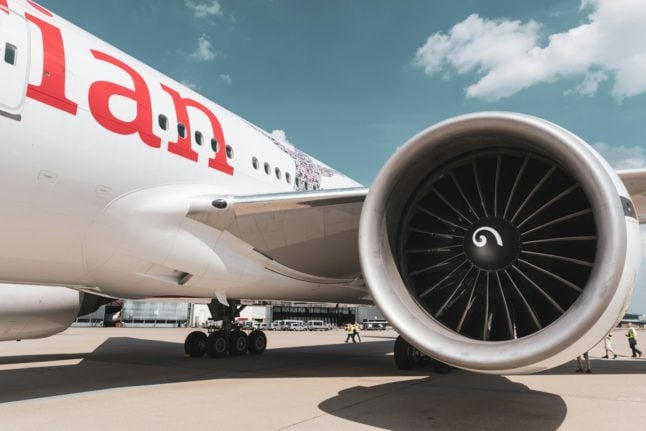Austrian Airlines (AUA) has successfully concluded negotiations with its labour unions, securing a new collective labour agreement that is set to provide long-term stability until the end of 2026, as reported by Austrian media.
According to AUA statements, this agreement not only prevents potential service disruptions but also provides a sense of stability and reliability for both employees and passengers, ensuring a smooth and worry-free travel experience.
Following over 20 rounds of negotiations, the deal encompasses approximately 3,500 pilots and flight attendants. It brings about a significant pay increase, with average salaries projected to rise 19.4 percent in stages by the end of 2026. Moreover, a performance-based bonus of up to 2 percent could be awarded in 2026, marking a substantial improvement in the employees’ remuneration.
“This negotiated solution means a significant salary increase above the inflation rate for AUA cabin crew,” said Daniel Liebhart, Chairman of the Vida trade union Aviation Section.
BACKGROUND: Austrian Airlines strikes – Are the two sides any closer to a deal?
Beyond addressing compensation concerns, the agreement tackles workload issues, reducing workload and strengthening protections for pilots who may lose their ability to fly due to unforeseen medical conditions.
“The three-year term fulfils a requirement of the employer and not only guarantees planning security for the company but also ensures high-quality and reliable flight operations for passengers. This means that travellers can book their tickets with Austrian Airlines in the coming years without any worries,” said Liebhart.
Contract guarantees no strikes
To guarantee operational stability for passengers, the agreement incorporates a “peace obligation,” prohibiting strikes for the duration of the contract – until 2026. This is particularly welcome news for travellers who experienced flight cancellations during previous labour disputes.
“The newly established peace obligation allows our passengers to book their flights with confidence,” expressed AUA’s Executive Board, highlighting their satisfaction with the negotiated terms.
READ ALSO: What direct flights can I get from Austria’s regional airports?
The agreement is subject to a favourable vote by the Vida trade union, AUA explained in the press release. Unlike last time, however, the works council and union are recommending that their members vote in favour this time, the union said, according to a Der Standard report.



 Please whitelist us to continue reading.
Please whitelist us to continue reading.
Member comments